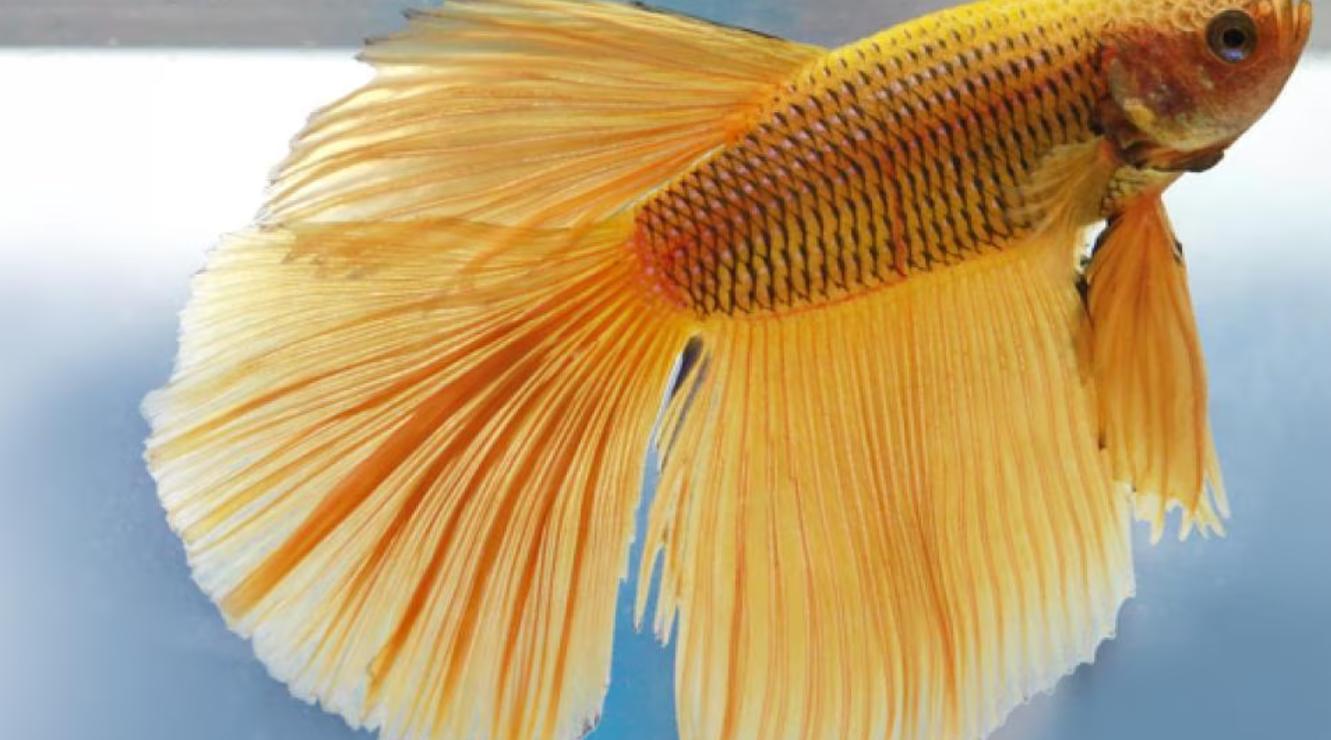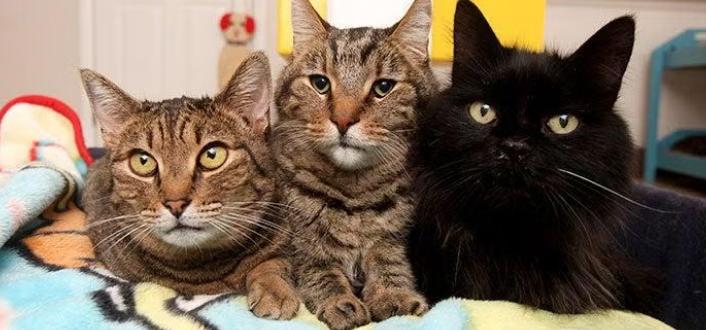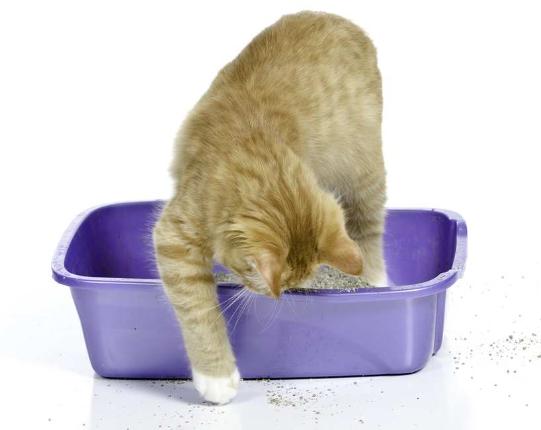What to Feed Goldfish When Out of Fish Food: Safe Alternatives
Goldfish are resilient, but they rely on a consistent diet to thrive. If you find yourself out of fish food, it’s essential to know what to feed goldfish when out of fish food to ensure your goldfish stay healthy. Fortunately, many household items can serve as a temporary substitute. Whether it’s vegetables, protein sources, or other common foods, you can feed your goldfish emergency meals without compromising their well-being. This guide will cover safe, easy-to-find alternatives, along with how to prepare these foods properly so that your goldfish can continue to flourish even when their regular food is unavailable.

Can You Feed Goldfish Human Food?
When you run out of fish food, you might be tempted to feed your goldfish some human food. But it’s important to be cautious—goldfish can’t eat all human foods, and some can be harmful. Knowing what to give them and what to avoid is key to keeping them healthy in a pinch. Below, we’ll explore what human foods are safe and nutritious for goldfish.
Vegetables Goldfish Can Eat
Vegetables are one of the easiest and safest human foods to offer goldfish in an emergency. Many vegetables contain the vitamins, minerals, and fiber that goldfish need to stay healthy. Leafy greens, such as spinach, lettuce, and kale, are particularly beneficial. They’re rich in fiber, which helps goldfish digest food properly, and they also provide essential nutrients like vitamins A and C. When feeding greens to your goldfish, make sure they are thoroughly washed to remove any pesticide residues. Cutting them into small, bite-sized pieces makes it easier for your goldfish to eat without choking. Peas are another excellent vegetable for goldfish. Boiled or steamed peas, with their skins removed, are not only a healthy option but also a goldfish favorite. They can help alleviate constipation and improve digestion, which is particularly helpful if your goldfish has been overfed in the past.
Fruits Goldfish Can Safely Eat
Fruits can also be a nutritious option, but they should be given in smaller amounts compared to vegetables due to their higher sugar content. Apples and grapes, for example, can be fed to goldfish, but make sure to remove the seeds first, as these can be toxic to your fish. Cutting fruit into small, manageable pieces will help prevent choking. Goldfish can also enjoy small portions of watermelon or orange. These fruits have a high water content, which makes them easier for your goldfish to digest. However, because of the sugar content in fruit, it’s important to offer these as an occasional treat rather than a regular part of their diet.
Cooking Methods to Avoid
Although some human foods are safe for goldfish, the way they’re prepared can make a big difference. Fried, seasoned, or heavily processed foods should never be fed to your goldfish. The oils, salts, and other additives in these foods can be harmful to their digestive systems and pollute their water. Instead, stick to raw, boiled, or lightly steamed vegetables without any added salt, butter, or oils. Avoid giving your goldfish foods that have been deep-fried or grilled, as these methods often alter the food’s nutritional profile and introduce harmful compounds. When in doubt, keep it simple and natural to avoid any unnecessary risks.
Protein Alternatives for Goldfish
Goldfish, like many fish, need protein to thrive. In the wild, goldfish often eat insects, larvae, and other small creatures to meet their protein requirements. If you’re out of fish food, there are several safe protein options you can find in your kitchen that will help keep your fish healthy.
Boiled Egg Yolk as a Protein Source
One of the easiest and most readily available protein alternatives is a boiled egg yolk. Egg yolks are nutrient-dense and packed with protein, making them a great emergency food option for goldfish. However, it’s important to mash the yolk into very fine pieces to ensure your goldfish can consume it without difficulty. Due to the richness of egg yolk, offer it in very small amounts to avoid overfeeding, which can quickly pollute the tank water.
If your goldfish doesn’t eat all the egg yolk within a few minutes, be sure to remove any leftovers from the tank to prevent water contamination.
Cooked Chicken or Fish: Is It Safe?
Another potential protein source for goldfish is cooked chicken or fish. While this may not be a long-term solution, it can work in a pinch. Cooked chicken or fish should be plain—no seasonings, oils, or butter should be added, as these can be harmful to your goldfish. Stick to white meat, such as chicken breast or plain white fish, as these are easier for your goldfish to digest. Make sure the meat is shredded into tiny, manageable pieces to prevent choking. However, because chicken and fish are not part of a goldfish’s natural diet, they should only be used as a last resort and fed sparingly.
Insects and Worms as Natural Protein
If you happen to have insects or worms available, these can be a fantastic source of natural protein for goldfish. In their natural habitats, goldfish consume insects and larvae regularly. Daphnia, bloodworms, and brine shrimp are among the most nutritious options and are often available freeze-dried or frozen from pet stores. If you’re offering live insects, be sure they are pesticide-free and appropriately sized for your goldfish to eat safely. These natural protein sources closely mimic the goldfish’s diet in the wild and are an excellent way to keep them healthy when fish food is unavailable. Offering your goldfish these greens occasionally can also add some variety to their diet, keeping them healthy and happy.
How to Safely Prepare Food for Goldfish
Before feeding your goldfish any emergency foods, it’s crucial to prepare them safely. Improper preparation can introduce harmful substances or cause digestive issues for your fish. Here’s what you need to know about preparing goldfish-safe meals from your kitchen.
Cleaning and Preparing Vegetables
Always thoroughly wash vegetables before feeding them to your goldfish. Pesticides and other chemicals found on produce can be harmful to your fish, so washing is an essential step. Additionally, boiling or steaming vegetables will soften them, making them easier for your goldfish to consume and digest. Cutting vegetables into bite-sized pieces will reduce the risk of choking and ensure that your goldfish can eat comfortably.
Avoiding Harmful Additives
When preparing emergency food for your goldfish, it’s important to avoid any additives. Salt, sugar, oils, and spices can all be harmful to your fish. Stick to plain, unseasoned food to prevent digestive problems and maintain a healthy tank environment.
Portion Control for Goldfish
Goldfish have a tendency to overeat, so it’s important to control the portions you offer. Feed your goldfish only what they can consume in about two to three minutes, and always remove any uneaten food from the tank. This will help prevent water contamination and maintain the health of your fish.

Conclusion
Feeding your goldfish in an emergency doesn’t have to be difficult or stressful. By understanding what to feed goldfish when out of fish food, and knowing which human foods are safe and how to prepare them properly, you can ensure that your fish remain healthy until you can restock on their regular food. Stick to vegetables, natural protein sources, and kitchen staples that are easy for your goldfish to digest. Always prioritize safety by avoiding harmful additives and controlling portions to keep your goldfish and their environment in the best condition.
FAQ
Can I feed my goldfish bread in an emergency?
While bread may seem like an easy solution, it is not recommended. Bread can swell in your goldfish’s stomach and cause digestive issues. Stick to safer alternatives like peas or leafy greens.
How often should I feed goldfish alternative foods?
You can feed your goldfish alternative foods once or twice a day, just like their regular fish food. Ensure the food is easy to digest and does not cloud the tank water.
What are the signs that my goldfish isn’t eating well?
If your goldfish isn’t eating well, you may notice lethargy, lack of movement, or a change in their swimming patterns. Pay attention to any unusual behavior and check the water quality to ensure their environment is healthy.


